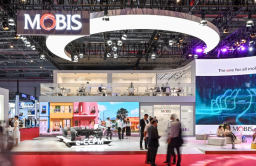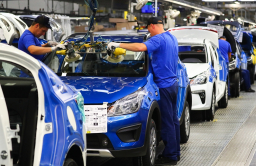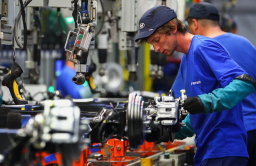-
KOSPI 2812.05 +41.21 +1.49%
-
KOSDAQ 756.23 +6.02 +0.80%
-
KOSPI200 376.54 +6.64 +1.80%
-
USD/KRW 1373 3.00 -0.22%
Another war in Russia: Hyundai, Kia versus Chinese carmakers
Automobiles
Another war in Russia: Hyundai, Kia versus Chinese carmakers
While most global carmakers have pulled out of Russia, the Korean duo plans to hold out to regain pre-war rankings
By
Apr 21, 2023 (Gmt+09:00)
2
Min read
News+
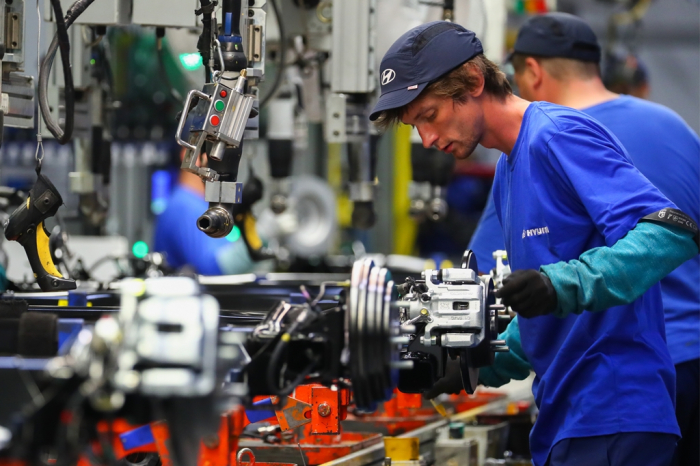
In Russia, which is in a state of war against Ukraine, there’s another war going on. This time, the war is between South Korea’s two largest automakers, Hyundai Motor Co. and Kia Corp., versus Chinese carmakers.
According to the Association of European Businesses (AEB), the Korean duo, affiliates of Hyundai Motor Group, saw their first-quarter sales in Russia plummet to one-tenth of their year-earlier levels while Chinese carmakers advanced significantly.
Hyundai and Kia’s sales in the January-March quarter stood at 5,173 units, down 91.9% from 63,684 vehicles. Hyundai Motor’s car sales fell to 738 units from 30,026. Kia’s sales dropped to 4,435 from 33,658.
Their combined market share slid to 3.4% in the first quarter from 26.5% a year earlier, according to AEB data.
While Hyundai and Kia stopped their local production and other global carmakers withdrew from Russia, Chinese carmakers have largely filled the void left by their rivals’ departure.
Russia’s homegrown brand, Lada, run by state-owned carmaker AvtoVAZ, topped the list with sales of 64,240 cars in the first quarter, with its market share rising to 41.9% from 19%.
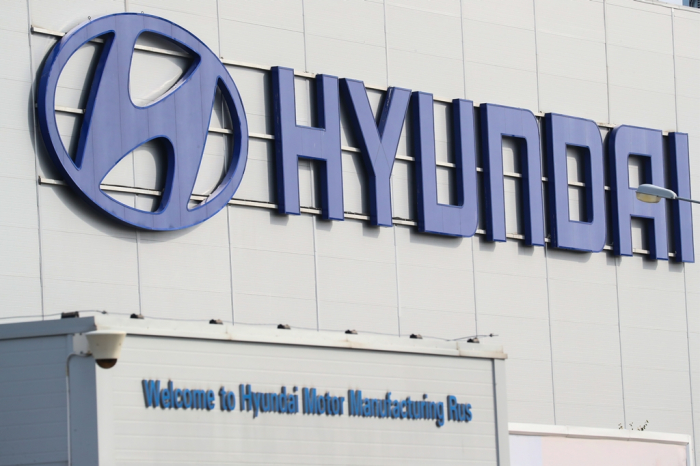
China’s Chery Automobile Corp. ranked second by selling 18,927 cars, with its market share rising to 12.3% from 2.2%.
When combined with the sales of Chery Exceed, a high-end brand of Chery, the Chinese carmaker’s market share rose further to 16%.
Haval, a crossover and SUV maker owned by China’s Great Wall Motors, saw its market share rise to 10.8% from 3%. Zhejiang Geely Holding Group Co.’s market share increased to 8.3% from 2%.
“If the Russia-Ukraine war lasts longer, the Russian car market will be the playing ground for Chinese companies,” said an industry official.
BETWEEN ROCK AND HARD PLACE
Hyundai Motor Group has invested heavily in Russia over the past few years but is now stuck between a rock and a hard place on whether to continue its presence there or cut its losses and move on.
In Russia, Hyundai Motor built a manufacturing plant in St. Petersburg in 2010, producing some 230,000 cars annually.
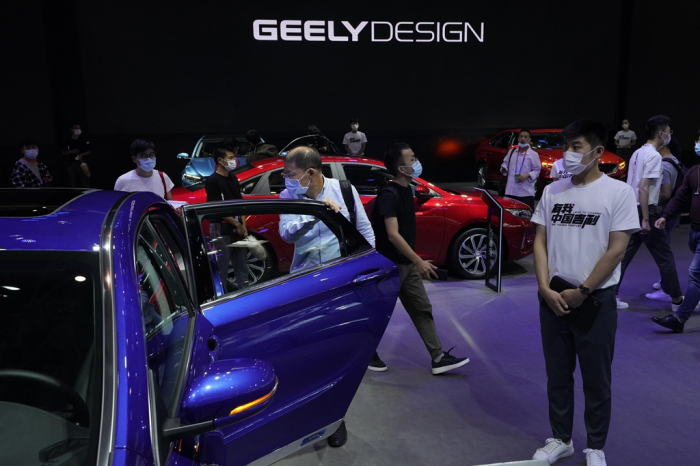
In 2020, it acquired a General Motors factory with an annual production capacity of 100,000 units in the port city on the Baltic Sea. At the plant, Hyundai also produces the Kia Rio, a subcompact sedan.
With the protracted Russia-Ukraine crisis, however, Hyundai Motor has halted its St. Petersburg factory operations since March 2022 as the war disrupted or entirely suspended imports of automotive parts into Russia.
Other global automakers, feeling the pinch, have mostly withdrawn from the Russian market altogether.
French auto giant Renault SA, Germany’s Volkswagen, BMW and Japan’s Toyota have all pulled out of Russia since the outbreak of the war last year.
After years of investment in Russia, Hyundai Motor Group’s Russian assets, including local factories, have grown to about 3 trillion won ($2.3 billion) as its two carmakers established themselves as preferred brands by local consumers.
The Korean automotive group plans to hold out in Russia by selling stockpiled inventories and using their idled factories for other purposes to regain their pre-war market status, according to Hyundai and industry officials.
Write to Nan-Sae Bin at binthere@hankyung.com
In-Soo Nam edited this article.
More To Read
-
Apr 19, 2023 (Gmt+09:00)
-
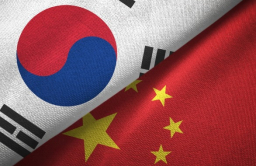 Korean stock marketChina, India: Korean investors’ next stock investment targets
Korean stock marketChina, India: Korean investors’ next stock investment targetsApr 19, 2023 (Gmt+09:00)
-
Mar 14, 2022 (Gmt+09:00)
-
Feb 28, 2022 (Gmt+09:00)


